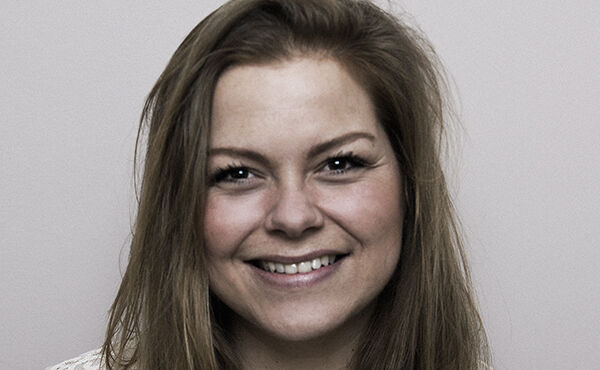Do dreams mean anything? Can you uncover your subconscious wishes and desires by interpreting your dreams?
Dreams are fascinating windows into the workings of our mind. There is still much that we don’t know about them, but they are as old as time and connect all mankind.
The ground disappears beneath your feet, the landscape shrinks far below and a cool wind rushes across your face. You stretch your arms out – you’re flying! It feels so real, so exhilarating. And then you wake up. It was ‘just’ a dream, you tell yourself. But you can’t help but wonder, what does it mean?
Across eons and cultures, people have looked to their dreams for wisdom or guidance. More than mere nocturnal reveries, dreams seem to belong to another realm, where the rules of daily life don’t apply. As our unconscious self roams free, the line between fantasy and reality becomes fluid in a mind-bending mix where anything is possible.

Divine gateway
The sense of the one world flowing into another when we close our eyes means that dreams are often seen as a gateway to a spiritual sphere. The Hindi god Vishnu dreams the universe into being while in a cosmic sleep, Native American tribes have long used dreams to communicate with ancestral spirits, and ancient Egyptians believed that dreams held messages from the gods. They would sleep on temple ‘dream beds’ and special priests were on hand to make sense of it all upon waking. We can also understand them, thanks to the Egyptian Dream Book found near the Valley of the Kinds, replete with dreams of eating crocodile flesh, splitting stone and tending monkeys. Dating back to 1350 B.C., it is the world’s oldest surviving dream document.
Over three thousand years later, our dreams continue to captivate us today. In Japan, hatsuyume – the first dream of the New Year – is thought to predict your fortune for the year ahead. Dreaming of Mount Fuji or a hawk is seen as especially lucky. Yet, rather than foretelling the future, research indicates that dreams actually have more to do with our immediate past; a way for our minds to process the events of the day.
Why do we dream?
People still don’t entirely agree on the why of it all. There are, however, some common beliefs and theories. One is that it’s a simple after-effect of processing memories made during the day. During REM sleep, our brain processes and stores new information and creates long term memories, and it’s thought that dreaming is a part – or side effect – of this process. Also known as the activation-synthesis model developed by J. Allan Hobson and Robert McClarley, who posited that the physiological processes of the brain cause dreams.
On a more meaningful level, if you like, some feel dreams are actually an extension of our waking consciousness, almost like a therapy session that plays out while you’re sleeping. It’s a way for us to work through our emotions, allowing us to sleep soundly despite inner turmoil.
Although their exact mechanics remain mysterious, you could say that dreams offer an added layer, enriching our daily experience as night after night we discover the uncharted wilds of our innermost imaginings. As British author Neil Gaiman says: “People think dreams aren't real just because they aren't made of matter, of particles. Dreams are real. But they are made of viewpoints, of images, of memories...” And these, of course, are every bit as important. Where else in life can you simply close your eyes and touch the sky?
What do dreams mean?
Though there’s no definitive proof, dreams are usually autobiographical thoughts based on your recent activities, conversations, or other issues in your life. However, there are some popular theories on common dream themes and what they are thought to symbolise:
Attacking birds or falling – being pulled in too many directions, anxious.
Beach – a meeting between two states of mind.
Beautiful forest – health and life energy.
Empty attic – there are tough challenges ahead.
Flying – hope, freedom, unlimited possibilities
Losing teeth – loss of control, powerlessness and general anxiety.
Losing hair – fear of a loss of vitality, confidence or self-esteem.
Spider – a symbol of feminine power or creativity.
Starring in a film – looking at the bigger picture of your life.
Turning into a superhero – nothing need stand in your way.
Water – calm pools reflect inner peace, while rough waves indicate restlessness.
Why not try keeping a dream journal? When you wake up, write down what you remember from your dreams and, as time goes on, you might start to notice some patterns.


![/Abigail-edits-29[2].jpg](https://dev.rituals.com.my/dw/image/v2/BGTC_DEV/on/demandware.static/-/Sites-rituals-MY-Library/en_MY/dwc27996c5/Abigail-edits-29[2].jpg?sw=600&sh=370&sm=fit&cx=128&cy=66&cw=2797&ch=1725&sfrm=jpg)
.jpg?sw=600&sh=370&sm=fit&cx=0&cy=0&cw=600&ch=370&sfrm=jpg)


